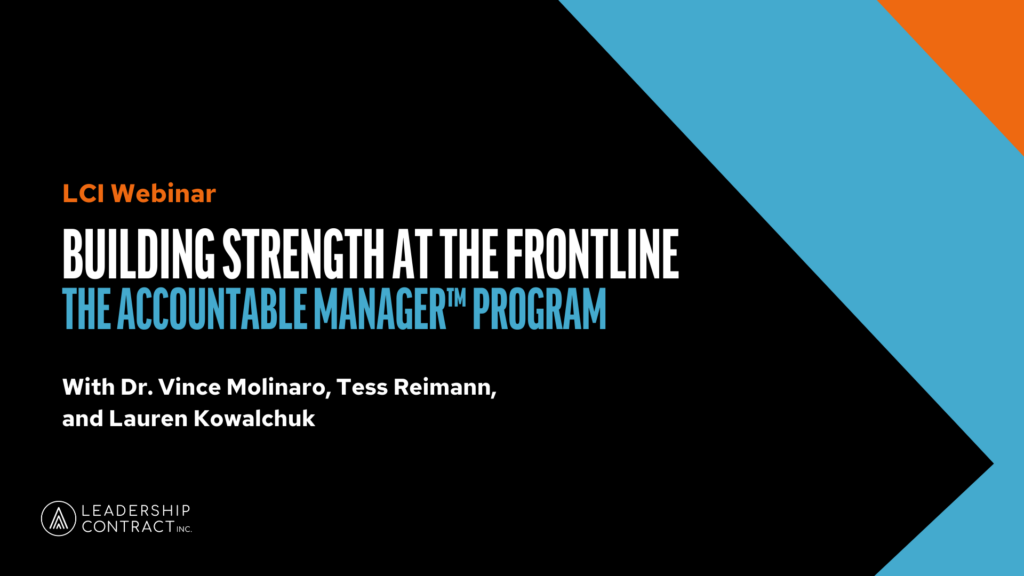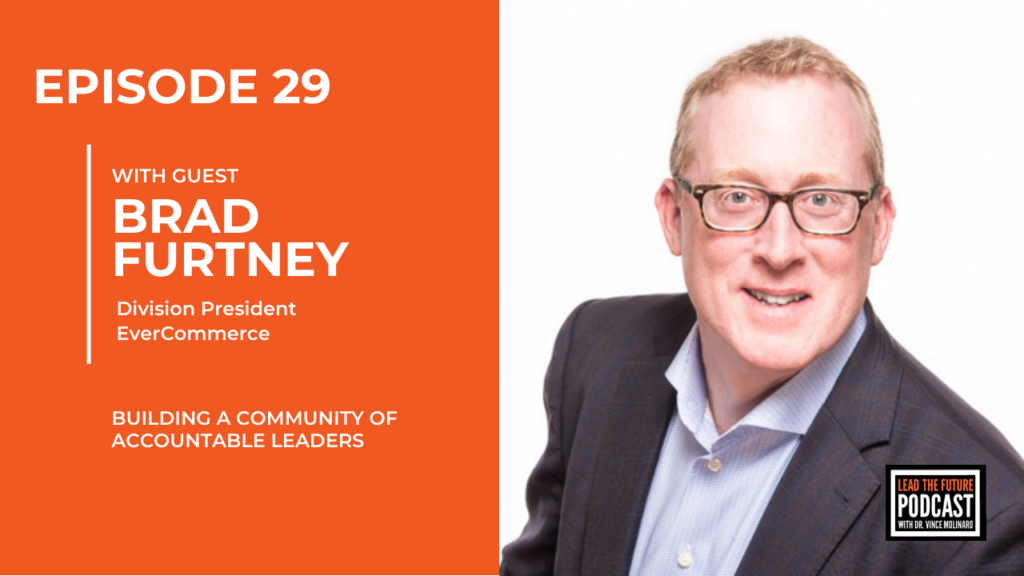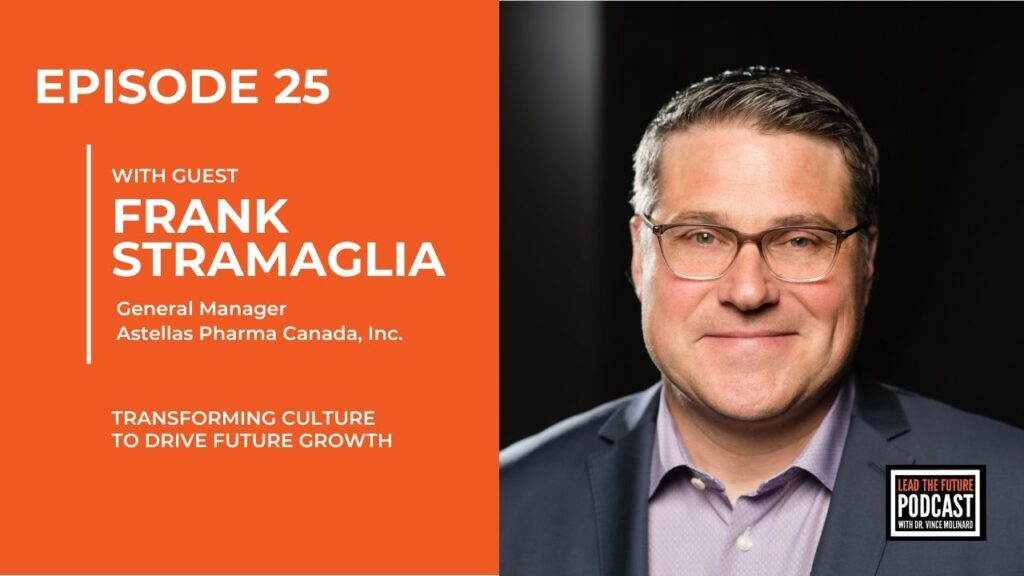THE BIG IDEA
As a leader, you have five core leadership obligations – to yourself, your customers, your organization, your employees, and your community. Failure to grasp the importance of these obligations has far-reaching consequences and can negatively impact daily operations of your business.
CASE IN POINT
In a groundbreaking legal ruling, the Delaware Court of Chancery has recognized that corporate officers owe a legal duty of oversight to their company.
- Why it matters: This ruling marks a significant shift in the traditional understanding that such obligations are solely the responsibility of directors.
- It allows McDonald’s shareholders to proceed to trial to prove that David Fairhurst, the former global chief people officer, breached his oversight duties by ignoring signs of a toxic culture. This resulted in damage to the company, according to the shareholders.
Fairhurst had initially argued that he couldn’t be sued because oversight obligations have always been seen as sitting with the board of directors. However, Vice Chancellor Laster pointed out that much of a company’s day-to-day operations are carried out by its officers and arguing that they have no oversight obligations would produce almost illogical outcomes.
Fairhurst was promoted to the top HR role in 2015 by Steve Easterbrook, the controversial CEO of the company. They both worked in McDonald’s London Office. According to an article in Financial Times, these two leaders perpetuated a culture that condoned sexual harassment.
- For example, the company’s recruiters hired young and attractive women to work at its headquarters.
- In addition, Fairhurst and Easterbrook hosted weekly happy hours where they would flirt with the young women.
- Shareholders are arguing that Fairhurst failed to uphold the company’s zero-tolerance policy on sexual harassment.
There is so much wrong with this leadership story.
LCI PERSPECTIVE
In my book, The Leadership Contract, I position that leadership is an obligation. All leaders, and especially senior executives have a fundamental obligation to create a culture that is free from harassment, discrimination, and other forms of unethical behavior.
When senior executives fail to set the tone, hold themselves accountable, and demonstrating zero-tolerance for bad behavior, these kinds of problems quickly take hold within a culture.
Senior executives who fail to be vigilant in monitoring, enforcing, or downplaying any signs of unethical behavior are failing in their duty of oversight.
In the case of McDonald’s, it seems that Fairhurst failed to uphold his responsibilities and allowed a culture of sexual harassment to flourish. In turn, this created harm in the company and damaged the reputation of the organization.
What makes this story even more disturbing is that he was the head of human resources, a role where integrity and doing what is right are even more critical.
It will remain to be seen, whether this ruling acts as a step forward in holding leaders accountable for their actions.
There is so much wrong with this leadership story.
KEY TAKEAWAY
This case serves as a reminder that CEOs and CHROs have a duty of oversight that extends beyond the board of directors.
- It is not enough that you are vigilant in upholding the values and ethics of your organization.
- It is critical you are confident that your leadership team is doing so as well.
- Be honest: What is happening on your watch?
OUR RESEARCH SAYS
There is a strong connection between executive accountability and company performance. When CEOs, CHROs, and senior executives set the tone of accountability for their organizations, high performance follows.
Are You Neglecting Your Duty of Oversight as a Leader?
Gut Check For Leaders








